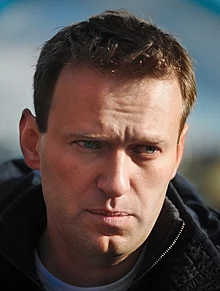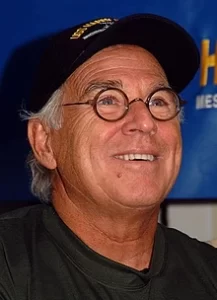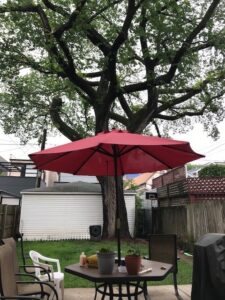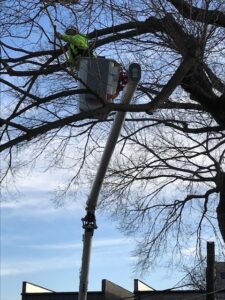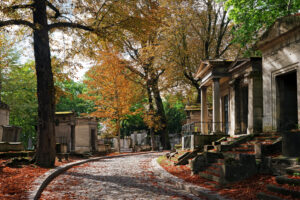“Let no joyful voice be heard! Let no man look to the sky with hope in his eyes!” says Davy Jones in Pirates of the Caribbean: Dead Man’s Chest as his captives slave away on his ship. “And let this day be forever cursed by we who ready to wake…the Kraken!”
This well-known quote from a surreal character in a popular movie is a remarkable fit for the mood unleashed in Russia by President Vladimir Putin with the death of 47-year-old Alexei Navalny, an unparalleled advocate of Russian democracy, who suffered for his commitment with confinement in an Arctic prison after repeated attempts to end his life with poison. Putin, who has no apparent compunction about eliminating his opponents in any way possible, seems determined to become not only the Davy Jones of Russia, but of the world. If there were any doubt that his minions operate across the globe, consider that just yesterday (February 19), Maxim Kuzminov, a Russian pilot who defected to Ukraine with his Mi-8 helicopter last August, was found shot to death in Alicante, Spain. There is a long history of such assassinations by Russian agents of known dissidents abroad.
But the most compelling visions of his intended dystopia are those of the arrests of hundreds of Russians doing nothing more than laying flowers at memorials for Navalny. They are not even allowed to mourn their dead in peace because that would allow them to look to the dreary Russian winter sky with hope.
Hope for those with love in their souls, and passion in their hearts, is forbidden in today’s Russia.
If you have any doubt on that point, consider the position of Metropolitan Kirill of the Russian Orthodox Church, who has supported Putin in his quest for conquest of Ukraine and once described Putin’s rule as “a miracle of God.” The church has actively suppressed opposition to the war against Ukraine among its own priests, recently expelling one for his refusal to read a prayer for Russia’s success and for his anti-war remarks. The position of the Russian Orthodox leadership, securing its own comfort from oppression through complicit support for Putin, denies spiritual solace to those who seek a better day in their homeland and whose consciences are troubled by the unnecessary death and destruction he has unleashed. The church has sold its soul in a historical quest for sovereignty under an evil regime. (There are echoes of such behavior among certain churches in the United States that have aligned with Donald Trump as a matter of transactional convenience, but let’s save that discussion for another day.) In this sorry role, the Russian Orthodox Church has degenerated into a mere arm of the state, enforcing social conformity in the face of powerful demands for a voice of conscience to lift the morale of the Russian people.
It remains for courageous advocates like Navalny’s widow, Yulia Navalnaya, to brave the foul winds spreading from Russia and keep the candle burning. It remains for the rest of us outside Russia to recognize and confront the dangers posed not only by Putin, but by the “useful idiots” who continue to justify autocracy.
Jim Schwab

